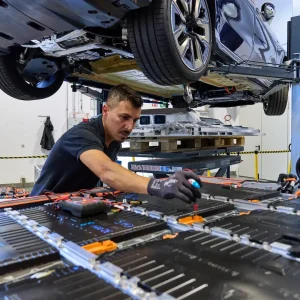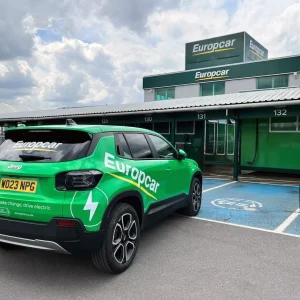Over the past couple of weeks there have been two pieces of research published about the higher accident risk of young drivers and the actions that should be taken to address this. While they refer to young drivers generally, if the recommendations are implemented, they would have implications for fleets, which face the ongoing challenge of managing the risk of inexperienced drivers.
The first report came from the AA which showed that young drivers are ten times more likely to have an accident than someone aged 35 and that youngsters who crash often do so with catastrophic results. The average insurance claim for a driver aged 21 or younger is £4250, compared to £1200 for a 35-year-old. With young graduates or school leavers being asked to drive vehicles for work purposes and in some cases given company cars, these figures should trigger alarm bells. Young people do require different skills for driving for work than they do for social and commuting purposes and the driving test alone can’t be taken as proof that they are experienced enough.
Safety campaigners are also advocating the introduction of a graduated licensing scheme which would ban young motorists from driving at night or drinking any alcohol, following a study conducted by researchers at the University of Cardiff which concluded that the measures could prevent up to 200 deaths on the road each year. Again, this would have implications for fleets because they would need to implement much tighter driving policies for younger drivers.
This is obviously a very important issue that many fleets are already taking action to address through young driver assessment and training. However, that isn’t to say that all young drivers should be branded as high risk. It’s important for businesses to do a thorough driver risk assessment with a young driver just as they would with any driver and provide the necessary training. It’s not just a duty of care issue but also a financial one as well, fleet insurance bills could drop substantially if the number of crashes involving young drivers were reduced.
RoSPA has recently completed the Young Drivers at Work study and has a free online brochure and toolkit which is a good source of information for anyone wanting more detail in this area.
Follow BusinessCar on TWITTER





